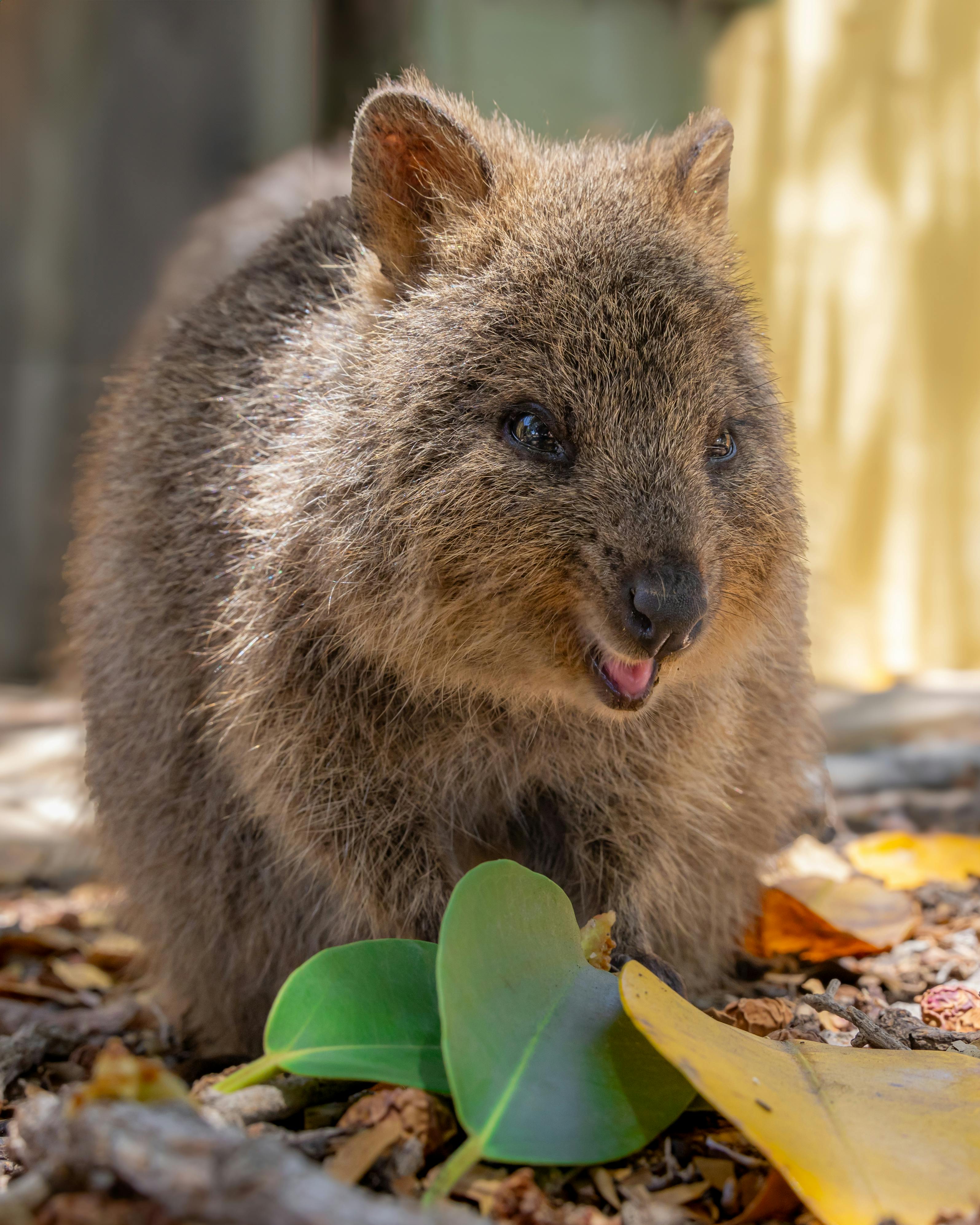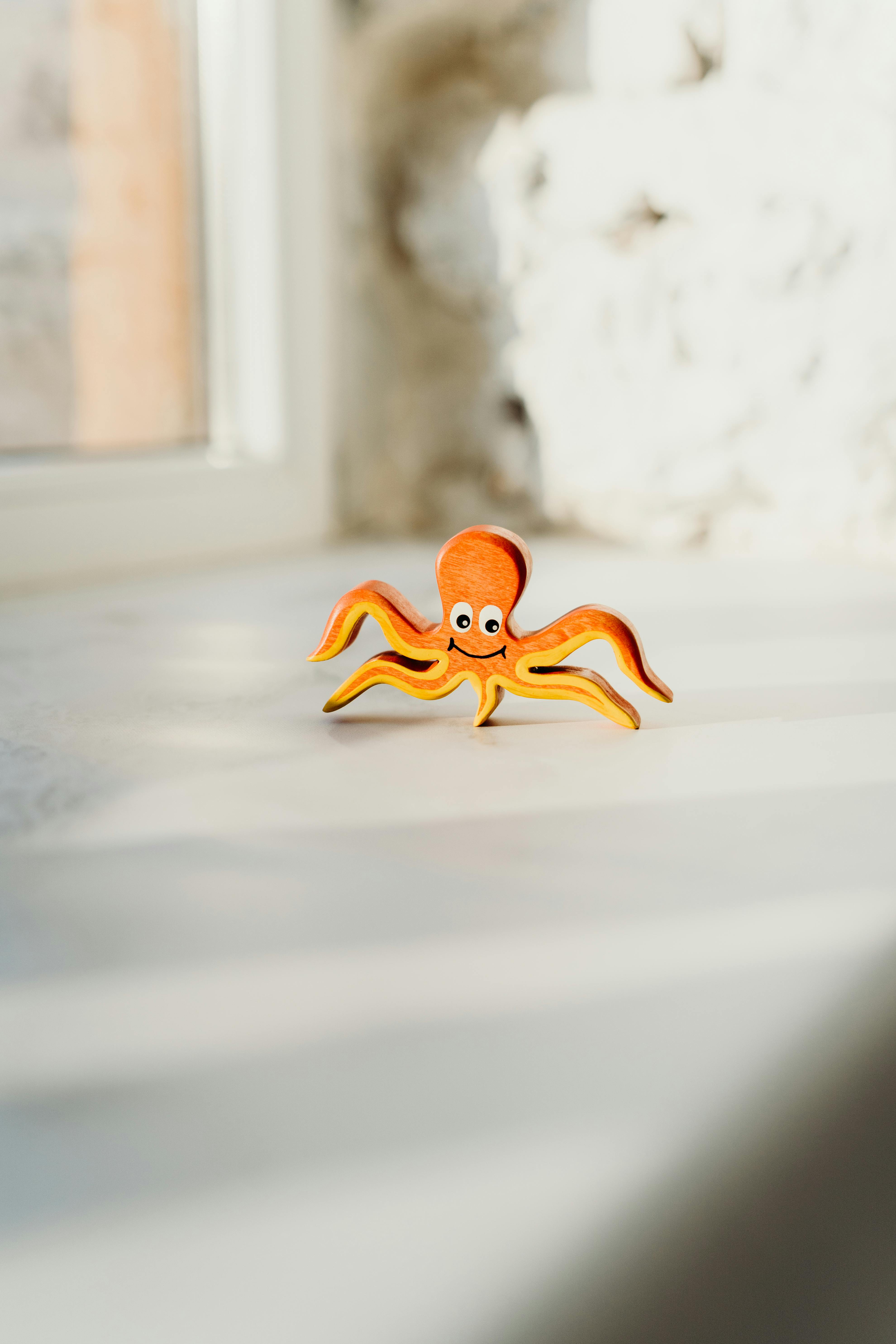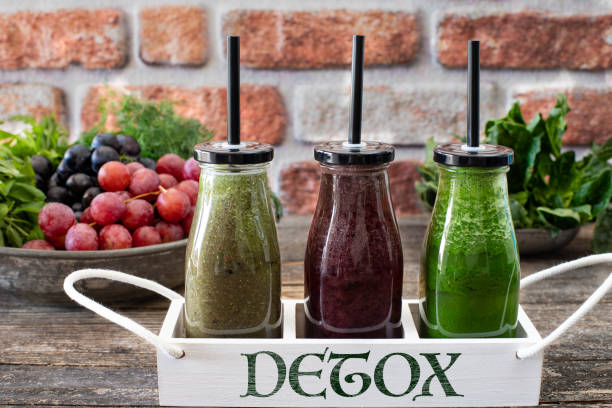Unraveling the Wonders of the Quokka: Australia's Most Adorable Marsupial
In Australia, a land known for its unique and fascinating wildlife, the Quokka stands out as an animal that's captured hearts worldwide. This article delves into the fascinating world of the Quokka, exploring its history, current status, and the ongoing conservation efforts to preserve this adorable marsupial.

Background and History
The Quokka, scientifically known as Setonix brachyurus, is a small marsupial native to Australia. It’s most commonly found on Rottnest Island, off the coast of Perth, Western Australia. The first recorded encounter with a Quokka was by a Dutch mariner in 1658, who mistook it for a giant rat, hence the name ‘Rottnest’, or ‘rats’ nest’.
Quokkas belong to the family Macropodidae, which includes kangaroos and wallabies. Despite their small size, Quokkas have strong hind legs, which they use for hopping and climbing trees. Quokkas are herbivores and mainly feed on leaves and bark.
Quokkas Today: The Happiest Animal on Earth
In recent years, Quokkas have gained fame as the ‘world’s happiest animal’. Their natural facial expression, which appears to be a constant smile, has made them a popular subject for selfies by tourists visiting Rottnest Island. Instagram is flooded with thousands of photos under the hashtag #quokkaselfie, garnering worldwide attention for these marsupials.
Conservation and Protection Efforts
Despite their popularity, Quokkas are listed as a vulnerable species by the International Union for Conservation of Nature (IUCN). Destruction of the Quokka’s natural habitat due to land clearing and bushfires has led to declining populations. Introduced predators, such as foxes and cats, also pose a significant threat.
Conservation efforts are now focused on protecting and restoring their habitats and controlling predator populations. On Rottnest Island, where the majority of Quokkas live, efforts have been made to educate visitors about the importance of not feeding or touching the animals to protect their health and wellbeing.
Impact of Quokka Tourism
As Quokkas’ popularity soared, so did tourism to Rottnest Island. This has had both positive and negative impacts. On the one hand, the increased visibility has raised awareness about the need for Quokka conservation. On the other hand, increased human interaction poses risks to the Quokkas’ health and natural behavior.
The Rottnest Island Authority has implemented guidelines for interacting with Quokkas, including maintaining a safe distance and not feeding them, as human food can make them sick.
Wrapping Up: The Future of Quokkas
As we continue to uncover the wonders of the Quokka, it’s crucial that we also understand our responsibility to protect these adorable creatures. Their survival depends largely on our actions and our commitment to conservation. Let’s ensure that the smiles of these ‘happy’ marsupials continue to be a source of joy for future generations.




